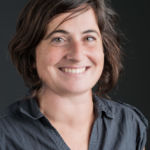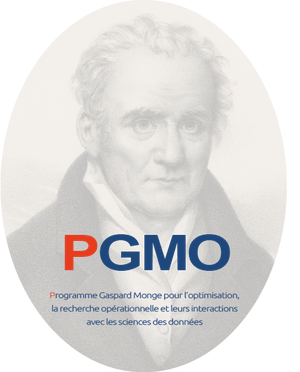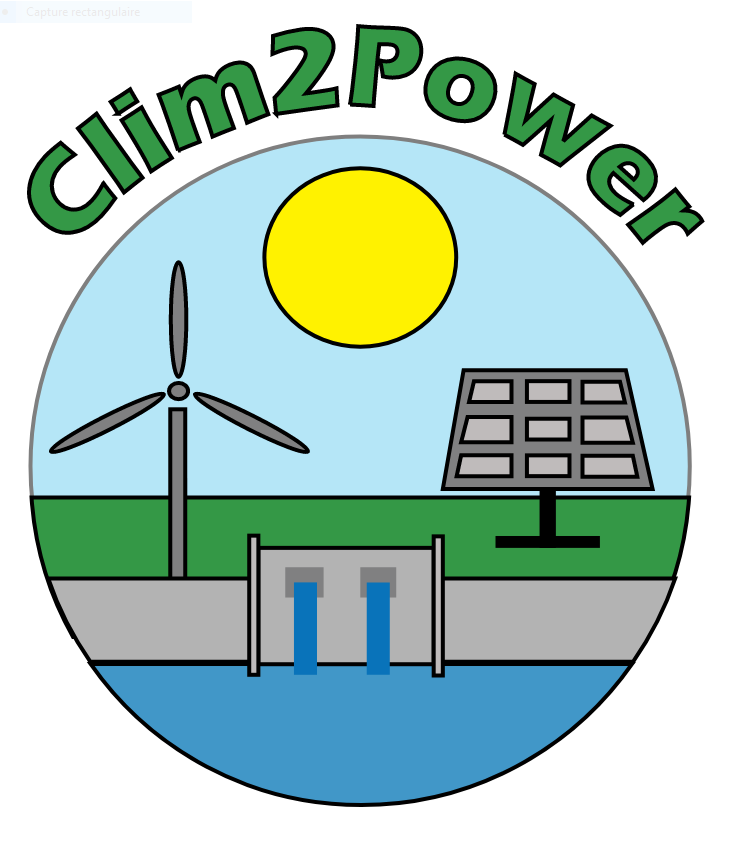 The design and operation of complex systems with a view to decarbonising them raises new theoretical and practical questions in mathematical optimisation: how can we deal with the non-convex, non-differentiable dynamics of these physical systems, in conjunction with uncertainties in predictive data or discrete decisions and logical operating conditions, on multiple and large temporal and spatial scales?
The design and operation of complex systems with a view to decarbonising them raises new theoretical and practical questions in mathematical optimisation: how can we deal with the non-convex, non-differentiable dynamics of these physical systems, in conjunction with uncertainties in predictive data or discrete decisions and logical operating conditions, on multiple and large temporal and spatial scales?
Where engineering problems of high complexity and large dimensions have historically been dealt with using simplified optimisation models and dedicated heuristic algorithms, the CMA employs a methodological approach, studying general classes of mathematical programs, designing versatile algorithms with guaranteed convergence, and applying them to detailed models, particularly on decision-making problems relating to energy production and consumption.
To deal with discrete states, we study combinatorial optimisation methods using enumeration and decomposition, based on strong relaxations. Driven by applications (drinking water network operation, microgrid sizing, energy system planning, for example), we study the separability of models, analyse substructures and their interactions, and transcribe them algorithmically into iterative global search schemes.
To deal with uncertainties, we study and design algorithms for stochastic optimisation models with recourse to and under probability constraints (non-convex approximations, for example).
Upstream of this work, we study classes of mathematical optimisation problems that do not satisfy the classical assumptions of regularity and convexity, in particular non-smooth optimisation problems. This involves redefining the very notion of a ‘solution’, identifying the conditions for optimality and the criteria for regularity, and designing and analysing the algorithms for calculating these solutions (as part of the Difference-of-Convexes programme, for example).
Thus, this work combines mathematical foundations, algorithms and applications in three cutting-edge areas of mathematical optimisation: non-smooth optimisation and numerical methods, optimisation under uncertainty, and discrete optimisation. The CMA’s contributions also lie at the intersection of these well-defined fields when, for example, stochastic models or models obtained by decomposition result in non-smooth problems. The border is also very fine with the CMA’s two other specialities: learning (with, for example, A. Tavakoli’s thesis) and prospective (with, for example, the thesis work of G. Siggini and Y. Alimou). The CMA’s work is published in top-level journals in mathematical optimisation and variational analysis (MathProg, OMS, SetVar JOTA, COAP, IJOC, JOGO), as well as in engineering and energy conferences and journals, and implemented in open-source software (see Publications).










